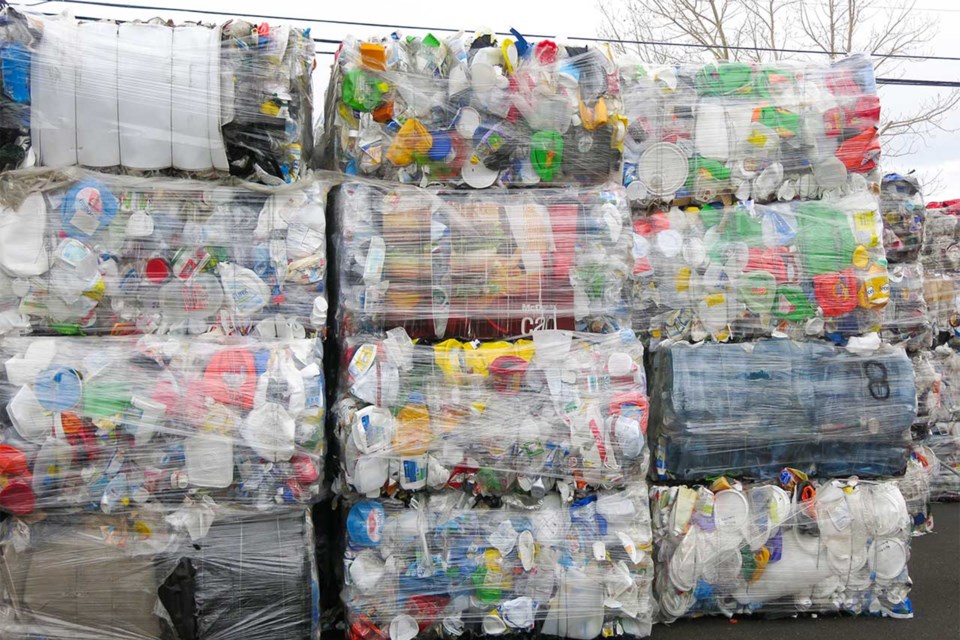DIDSBURY - Town council has been updated on the activities and plans of the Alberta Recycling Management Authority (ARMA), including work on implementing the new provincial extended producer responsibility (EPR) program.
Held in person and online, council heard from an ARMA delegation including managers Victor Dong and Kim Teichroeb.
The ARMA is a not-for-profit organization that acts on behalf of the province to oversee all aspect of end-of-life processing of electronics, paints, tires and used oil materials, and is providing administration and oversight authority for the EPR program.
“The EPR program presents a substantial opportunity for communities across Alberta,” said Teichroeb. “For communities with existing recycling service, the operational cost of these services will be transferred to producers under the program.
“This shift is expected to alleviate some financial burden on your community, potentially reducing utilities or tax levies associated with waste management.”
Dong explained that the EPR program is a framework for the province where producers will assume responsibility for recycling materials.
“The framework shifts the physical and financial burden of collecting, sorting, processing and recycling waste to the producer and away from local governments and taxpayers,” he said.
The program is divided broadly into two products: single-use products, packaging and paper products (PPP); and hazardous and special products (HSP).
While the Alberta Environment and Protected Areas department maintains the legislative EPR framework and broad policy direction, the ARMA develops and implements policies and procedures, he said.
“There are really two outcomes we are trying to achieve with the EPR system and we have been drawing insights from other provinces that have already implemented EPR such as BC and Ontario,” he said.
“We want to make sure we create a system that works for the Alberta landscape.”
Those key outcomes are the provincial recycling program that will see recyclable collection available to single and multi-family homes across Alberta, and provincial depots and/or collection events that will be made available to all communities in the EPR program.
There are four principle stakeholders in the EPR system: community, producer responsibility organizations, producers, and processing facilities.
“Our role in oversight is to make sure that all the participating parties are doing the job they are doing the job that they are intended to do,” he said.
Under the system producers are responsible for the cost of the system, producer responsibility organizations are the coordinator of the system and ensure all aspects of the operational chain is managed, he said.
“In addition to paying the cost, producers must ensure designated materials are recycled properly by meeting management targets,” he said.
Work on implementing the new system, including community registration, is ongoing, with the HSP scenario service transition scheduled for April 1, 2025, council heard.
Mayor Rhonda Hunter said, “I think you’ve piqued some interest. It’s always enlightening to see what is coming to our municipalities for recycling, which is always a big concern in our communities and province.”
Council accepted the presentation as information.



